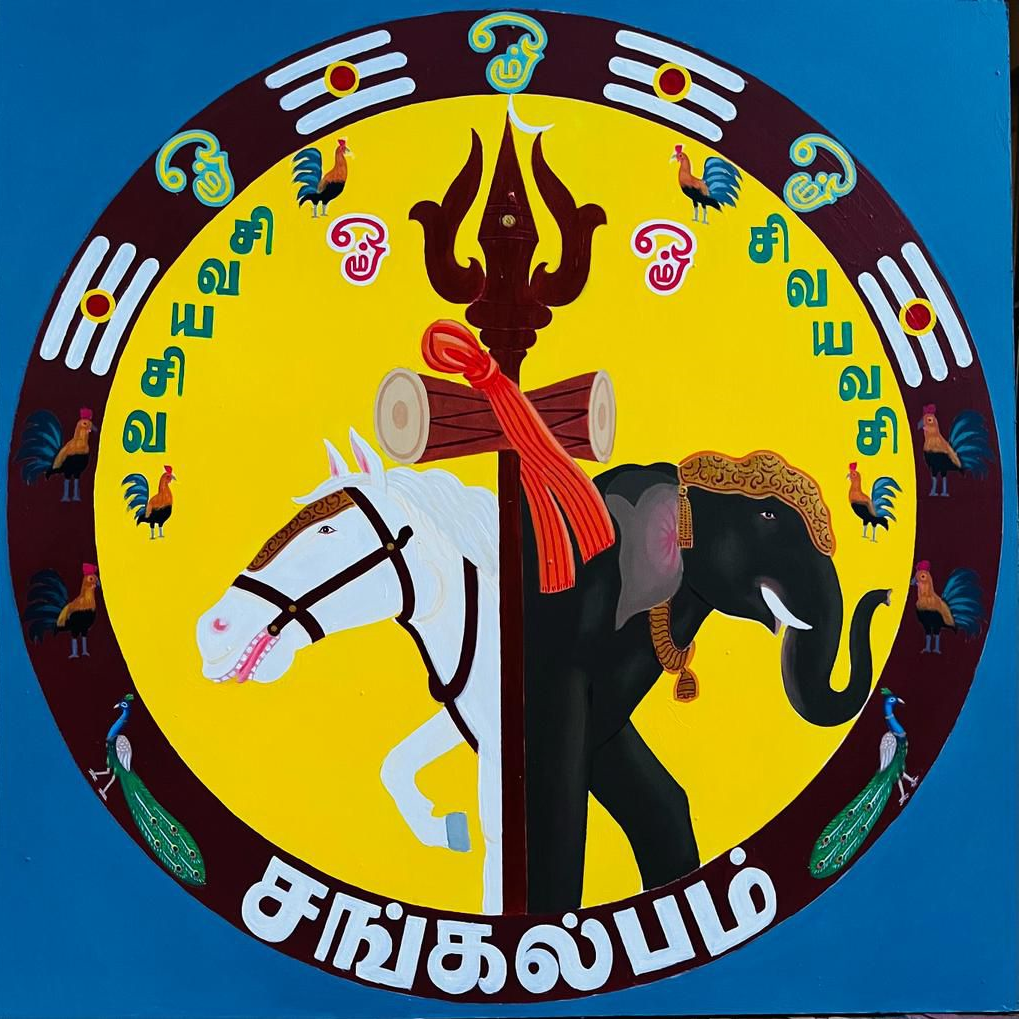


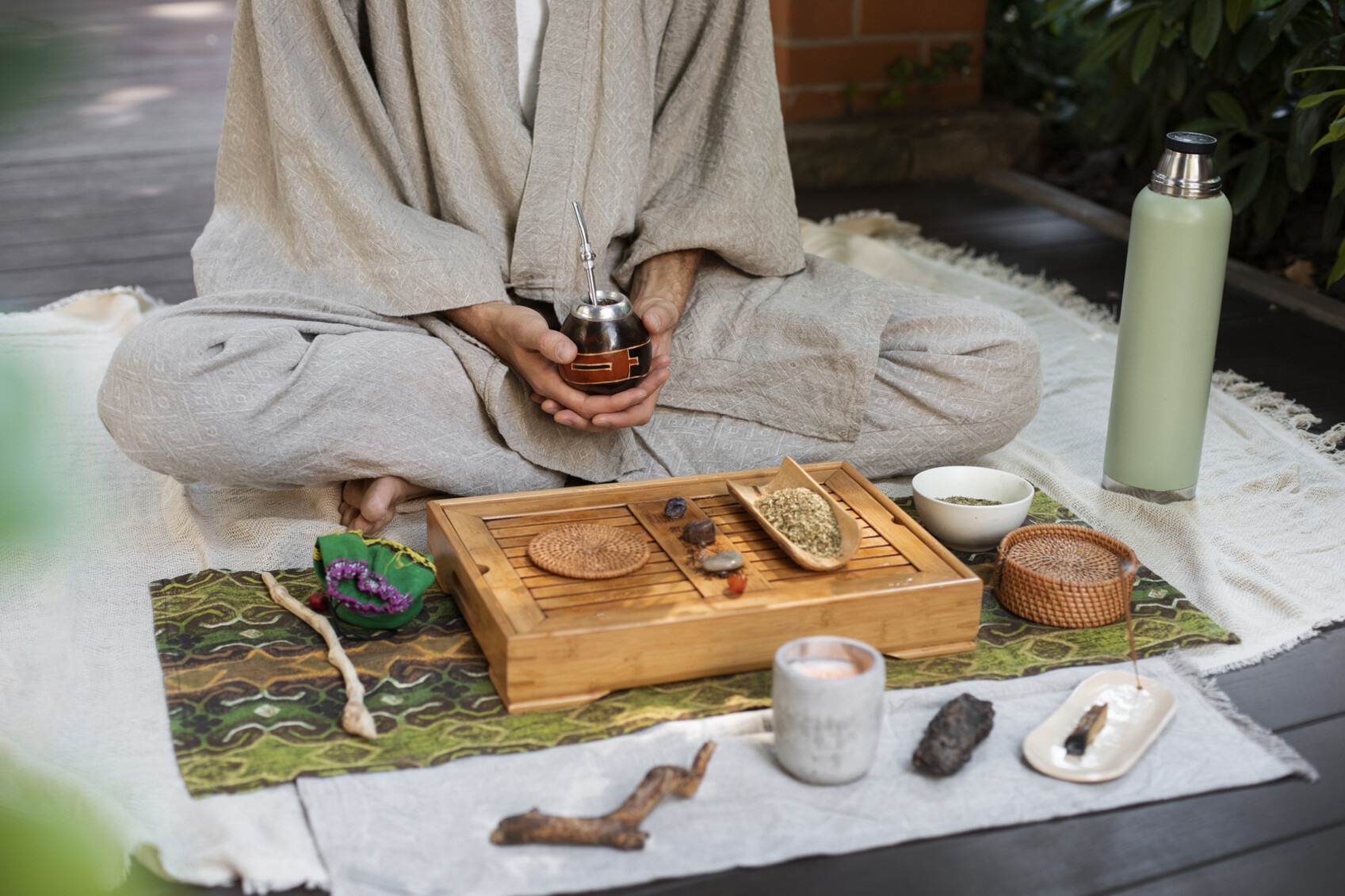

SANGALPAAM FOUNDATION has been serving humanity for more than 10 years.It works among yoga, Sidha, Ayurvedic, cow Gosala,, Devotion, Art and Culture (Renovation of Indian temples).The organization was registered under Indian Societies Registration Act XXI of 1882 in the year 2023.
#Poverty alleviation through education, livelihood, health and environment development.
#Provision of after school educational support to the poor children of rural schools.
#Promotion of livelihood of rural women, girls, boys and small and marginal farmers.
#Implementation of health, nutrition, drinking water and sanitation programmes.
Research on Tamil Vedha explores the rich interconnection between Tamil literature and Vedic traditions, focusing primarily on texts like the Tiruvaymoli by Nammalvar, which holds a status comparable to the Sanskrit Vedas within the Sri Vaishnavism tradition. This research delves into the theological and devotional nuances of these texts, with significant contributions from scholars such as Pillan, whose commentary integrates Tamil and Sanskrit traditions, epitomizing the concept of Ubhaya Vedanta. Additionally, the works of Tamil saint-poets like Tirujnānasambandar in Shaiva Siddhanta illustrate the dynamic religious and cultural landscape of ancient Tamil Nadu, highlighting interactions with other religious communities such as Jains.
Researchers like R. Nagaswamy emphasize the influence of Vedic culture on Tamil Nadu’s temple architecture, rituals, and literature, and its spread to Southeast Asia, impacting regions like Cambodia and Indonesia. Modern studies, including those by John Carman and Vasudha Narayanan, further analyze these texts, providing insights into their historical and theological significance .


Siva Kriya Yoga is a powerful spiritual practice rooted in ancient traditions, designed to awaken the inner energies and promote profound physical, mental, and spiritual well-being. This practice integrates breath control, meditation, and specific physical postures to align the practitioner's body and mind with the higher consciousness. By focusing on the energy centers within the body, Siva Kriya Yoga aims to cleanse and activate these centers, facilitating a deep state of inner peace and heightened awareness. Practitioners often report enhanced clarity, emotional balance, and a stronger connection to their spiritual path.
Over time, yoga has evolved into various styles, each emphasizing different aspects of the practice. Hatha Yoga focuses on physical postures and breath control, promoting physical strength, flexibility, and relaxation. Raja Yoga, on the other hand, prioritizes meditation and mental discipline, aiming for self-realization and inner peace.
Siddha, an ancient system of medicine that originated in South India, is one of the oldest medical systems known to humanity. Rooted in the Tamil tradition, Siddha medicine is attributed to the Siddhars, a group of 18 legendary sages who are believed to have possessed profound knowledge of medicine, yoga, and alchemy. The fundamental principles of Siddha revolve around the concept of balancing the three humors (doshas) – Vatha (air), Pitta (fire), and Kapha (water) – which correspond to bodily functions and health.
Siddha medicine emphasizes the use of natural substances, including herbs, minerals, and metals, to prepare medicines. Treatments in Siddha involve various forms such as internal medicines, external applications, and therapies like oil massage and yoga. The system also incorporates dietary regulations and lifestyle modifications to maintain health and prevent diseases.


An Ayurvedic medicine camp is a wellness initiative designed to promote holistic health and well-being through traditional Ayurvedic practices. These camps typically offer a range of services, including health consultations with experienced Ayurvedic practitioners, personalized treatment plans, and educational sessions on Ayurvedic principles and lifestyle modifications.
Participants can benefit from a variety of therapeutic treatments such as Panchakarma (a detoxification and rejuvenation program), herbal medicine prescriptions, dietary advice, and yoga sessions. Panchakarma therapies, which include procedures like massages, oil treatments, and steam baths, aim to cleanse the body of toxins and restore balance to the doshas (Vata, Pitta, and Kapha).
A cow gosala, or gaushala, is a protective shelter for cows, reflecting the significant cultural and religious reverence for cows in Indian society. These sanctuaries are established to provide care, shelter, and sustenance to cows, often focusing on rescued or abandoned animals. The primary objective of a gosala is to ensure the well-being and proper treatment of cows, aligning with the principles of Ahimsa (non-violence) and compassion inherent in Hinduism and other Indian traditions.
Gosalas offer a range of services, including veterinary care, regular feeding, and sheltering facilities that cater to the specific needs of cows. Many gosalas are managed by charitable organizations, religious institutions, or community groups, and are often supported by donations and volunteer efforts. In addition to basic care, some gosalas engage in activities such as organic farming, utilizing cow dung and urine for bio-fertilizers and natural pesticides, promoting sustainable agricultural practices.
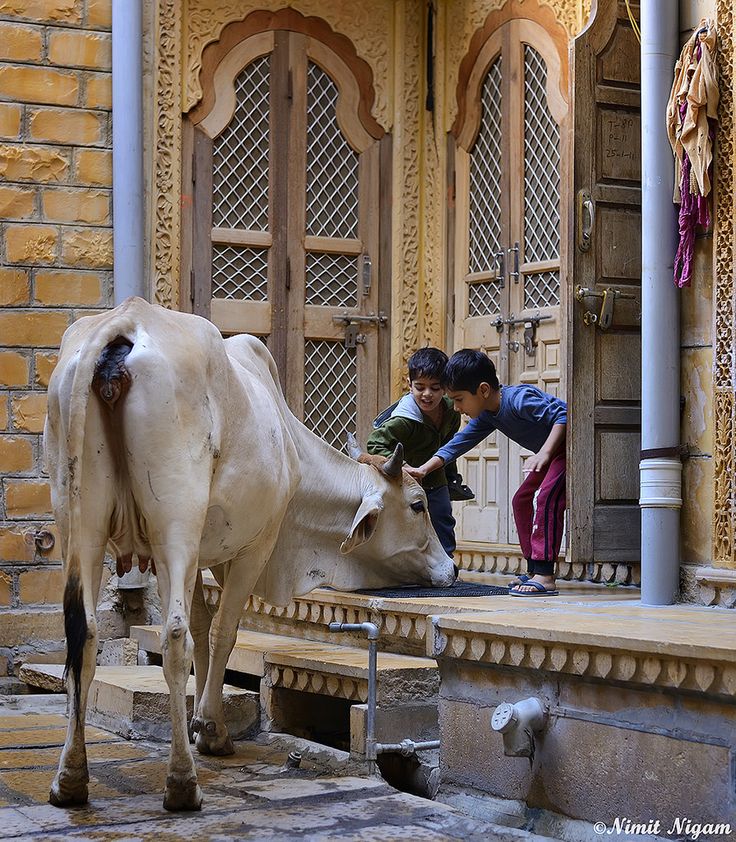
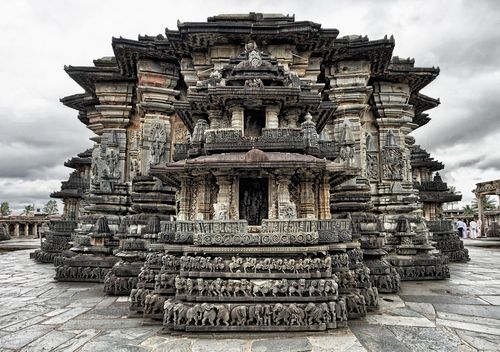
Temple renovation, restructuring, and the construction of new temples play a vital role in preserving cultural heritage, fostering community engagement, and maintaining the spiritual sanctity of religious sites. Renovation projects often involve restoring historical temples to their original grandeur, using traditional architectural techniques and materials. This process can include repairing structural damage, refurbishing worn-out elements, and preserving intricate carvings and murals .
Restructuring efforts might address the need for modern amenities while respecting the temple's historical and spiritual significance. This can involve upgrading facilities for better accessibility, improving sanitation, and incorporating eco-friendly solutions like solar energy and rainwater harvesting systems. The aim is to enhance the experience for devotees and visitors without compromising the temple's traditional essence.
Shivam, represents the embodiment of pure goodness and the ultimate state of auspiciousness. Rooted in the Sanskrit word "Shiva," which means "the auspicious one," Shivam denotes the intrinsic quality of the deity Shiva, transcending mere moral goodness to encompass a cosmic, transformative power. This concept is central to Shaivism, one of the major traditions within Hinduism, where Shiva is revered not only as a destroyer but also as a creator and protector, symbolizing the dynamic interplay of creation, preservation, and destruction inherent in the universe. Shivam reflects the ultimate goal of spiritual practice in this tradition: to achieve a state of inner purity, harmony, and alignment with the divine order, thereby attaining moksha, or liberation from the cycle of birth and rebirth.
In a broader sense, Shivam also signifies the principle of auspiciousness that pervades the universe, a reminder of the divine presence in every aspect of life. This principle is celebrated through various rituals, prayers, and festivals dedicated to Shiva, such as Maha Shivaratri, where devotees seek to embody the qualities of Shivam through meditation, ascetic practices, and acts of devotion. The pursuit of Shivam encourages adherents to cultivate virtues such as compassion, selflessness, and wisdom, reflecting the holistic and integrative nature of Hindu spirituality that seeks to harmonize the individual soul with the cosmic reality.


In recent years, there has been a notable surge in the manufacturing activity related to organic products. This trend reflects a growing consumer preference for healthier, more sustainable, and environmentally friendly alternatives across various industries.One key driver behind the rise of organic product manufacturing is increasing awareness among consumers about the potential health and environmental impacts of conventional products. People are becoming more conscious of the chemicals and synthetic additives commonly found in traditional manufacturing processes and are seeking alternatives that offer natural, organic ingredients.
Moreover, regulatory frameworks and certification standards for organic products have been established in many countries, providing assurance to consumers about the authenticity and quality of organic goods. This has incentivized manufacturers to invest in organic farming practices, supply chain transparency, and product development to meet the growing demand for organic options.
Spiritual tourism has emerged as a significant trend in the global travel industry, reflecting a growing interest among individuals to seek experiences that nurture their spiritual well-being, inner peace, and personal growth. This form of tourism encompasses visits to sacred sites, pilgrimage destinations, meditation retreats, wellness centers, and other places of spiritual significance.One of the key drivers behind the rise of spiritual tourism is the increasing recognition of the importance of holistic wellness and self-discovery in modern lifestyles. Many people are looking beyond traditional sightseeing and leisure activities, seeking deeper connections with themselves, others, and the world around them.
Spiritual tourism not only contributes to the well-being of individual travelers but also promotes cultural understanding, interfaith dialogue, and sustainable development in destination communities. Many spiritual tourism initiatives prioritize responsible travel practices, environmental conservation, and community engagement, ensuring that the benefits of tourism are shared equitably and respectfully with local residents.
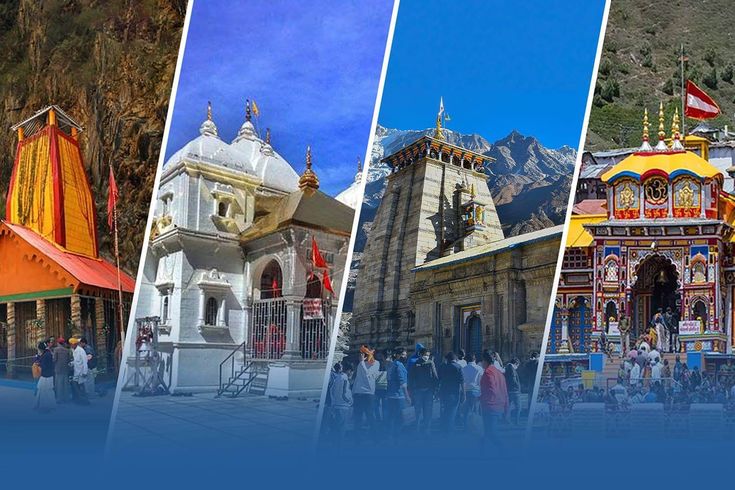
NO. 14. Sri Mahalakshmi Nagar, Alathur,
Tiruchirappalli-620011,
Tamil Nadu,India.